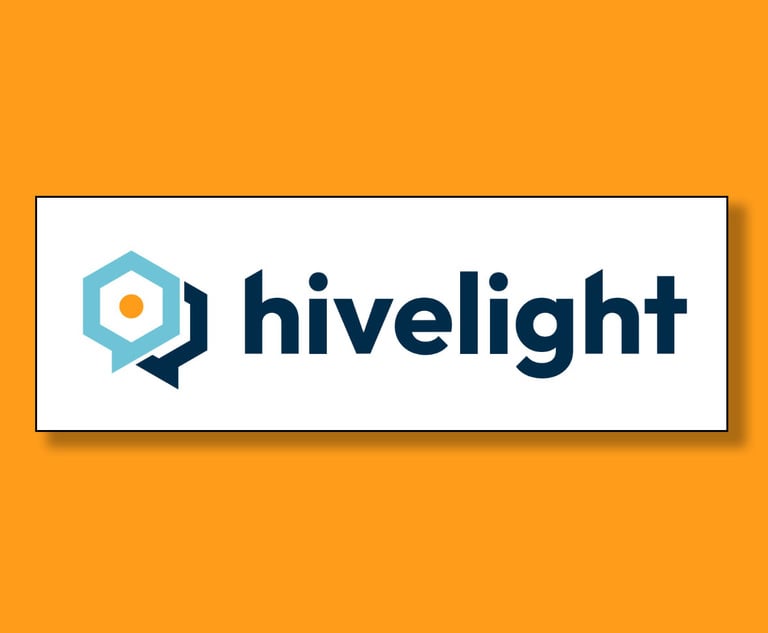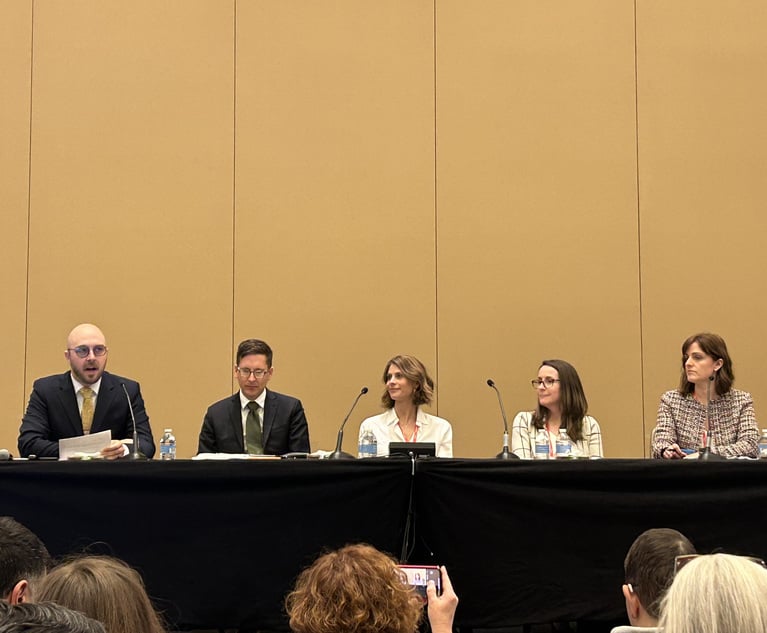It sure beats a free T-shirt. Early next year, members of the California Lawyers Association (CLA) will receive complimentary access to Fastcase, a legal research platform chock-full of case laws, statutes and regulations from the federal level on down to all 50 states. As bar associations across the country look for bait to draw young and upcoming lawyers into the fold, dangling a law library that can fit inside the screen of their smartphones might be a good place to start.
Here are the particulars: CLA’s Fastcase service will include unlimited research, reference and printing (because even in a digital world, paper still has a place). Starting in early 2019, members will be able to log-in via the organization’s website using their bar username and password.










